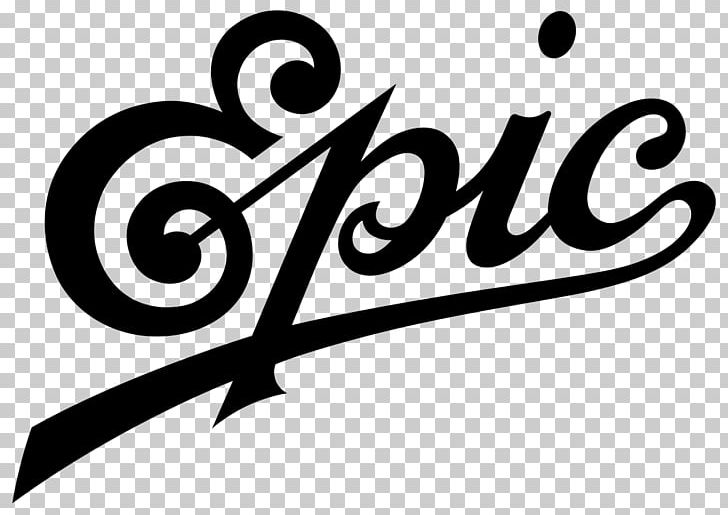

“And like all good pugilists, they win.” Indeed, Pure Adult’s rapturous exercise in aural assault has earned them early praise and fast fans.
#Pure music label group free#
(To hear a free Sound Bite from this album, call 20 and press 8161.) CAPTION: Pram: The group's new album, "Helium," harks back to the mid-'70s.“They marry all that I love in music and violence,” says Joe Talbot of IDLES. Still, though the explorations of Pram (which will appear Tuesday at the 9:30 club) and Laika are less bold than their proponents insist, these albums show that there are still discoveries to be made on such detours. Much of "Apples" and "Helium" meanders down paths blazed some 20 years ago. This, of course, is hardly "where no band has gone before." The Too Pure bands are in fact synthesists, not innovators. Since Pram uses organ more often than sequencers, "Helium" has a quaintly mid-'70s sound that, at its most stark, recalls Nico's post-"Chelsea Girl" solo albums (although Rosie lacks Nico's commanding Teutonic delivery). "Little Angel, Little Monkey" and "Shadows" incorporate free-jazz squawking, while the instrumental "Meshes in the Afternoon" launches some wind chimes into orbit. Though its lyrics are often more direct than Laika's, Pram also tends to favor sonics over sense. (Maybe it isn't - but a subsequent song, "My Father the Clown," is definitely a sea chantey.) "The things that are left on the pavement/ Mean that you're never alone," sings Rosie (who doesn't use a last name) in "Things Left on the Pavement," a song in which her eccentric yelps duel with what sounds like a penny whistle. Most of "Helium" is too percussive and too alienated for that, though. Like such "trip-hop" outfits as Portishead, Pram frequently employs sauntering rhythms that suggests cocktail lounge music - if its weird clangings and burblings were replaced by a smooth string arrangement, "Nightwatch" could almost be a '50s ballad. ("Sargasso Sea" is due next month.) This disc opens with the sprightly "Gravity," a song whose Stereolab-style keyboard propulsion is a somewhat misleading introduction to the swooshing, whistling and tinkling noises to follow. The whooshes of Moog and other pre-digital synthesizers are another Too Pure trademark, and they feature prominently on "Helium" (Too Pure/American), the first of two albums by Pram that American will release this year. (To hear a free Sound Bite from this album, call 20 and press 8155.) Pram Indeed, that's probably why Harvey is the label's most prominent artist: She makes an emotional connection that's at least as powerful as her sound. These problems are an unwelcome side effect of Laika's fixation on sound over vision, a trait that renders most Too Pure bands less urgent than their most potent beats. The lyrics to songs such as "Sugar Daddy" and "Let Me Sleep" are fragmentary, while the portrait of urban violence in "44 Robbers" is so cartoonish that it actually mentions Popeye and Bluto. (A debt to such groups unites virtually all Too Pure bands.) "Moon" emphasizes mood and groove over lyrics Fiedler and Fixsen might as well be singing in German. The band is named for a dog the Soviets sent into space, but Laika is actually more indebted to the musical space program advanced by '70s German bands such as Can and Faust. Such tracks as "Spider Happy Hour," in their quieter moments, resemble insipid pseudo-Brazilian jazz, but flute and saxophone player Louise Elliott gives the band more than the same old flute samples, while dirty guitar - that old standby - enlivens such tracks as "Honey in Heat."

The polyrhythmic density suggests African and Indonesian music. Laika mixes things up interestingly, however, notably by driving such tracks as "Marimba Song" with a combination of live and machine-generated percussion. (Drummer Rob Ellis was formerly in PJ Harvey's band.) Laika's debut album, "Silver Apples of the Moon" (Too Pure/American), was released almost a year ago in Britain, but its mix of hip-hop, slinky jazz and space rock still sounds fresh.Īural collage has become almost routine in British pop, and often this musical complexity is simple-minded in execution. Two of the band's seven members, Margaret Fiedler and John Frenett, used to play in that band, while a third, Guy Fixsen, was Moonshake's producer. The first of Too Pure's second-generation acts, Laika is an offshoot of Moonshake. label, American - home of Slayer's death metal and the Black Crowes' refried boogie-rock - to distribute its music, which the Village Voice recently proclaimed is going "where no band has gone before." Laika But she's not typical of the band's stable, which tends toward the eclectic and spacey. Of the acts signed to the small but influential British label Too Pure, the best-known in the United States is PJ Harvey.


 0 kommentar(er)
0 kommentar(er)
